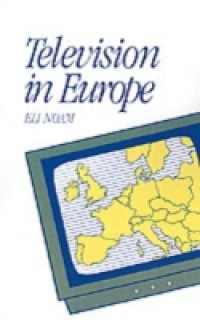Between 1917 and 1920--from the Bolshevik Revolution to the definitive statement of American opposition to Bolshevik Russia--Soviets and Americans searched for ways to effect meaningful interactions between their two nations in the absence of formal diplomatic relations. During these years, wide-ranging discussions occurred on a variety of serious issues, from military collaboration and economic relations to the comprehensive settlement of political and military disputes. At the same time, extensive debates took place in both countries about the nature of the relations between them. As McFadden shows in this pathbreaking book, based on research in Soviet archives as well as previously unused private collections and government archives in the United States and Great Britain, a surprising number of concrete agreements were reached between the two countries. These included continued operation of the American Red Cross in Russia, the transfer of war materials from the Russian army to the Americans, the sale of strategic supplies of platinum from the Bolsheviks to the United States, and the exemption of a number of American corporations from Soviet government nationalization decrees. Numerous important diplomats and politicians were involved in these negotiations. McFadden offers a timely reevaluation in a post-Cold War era.




















